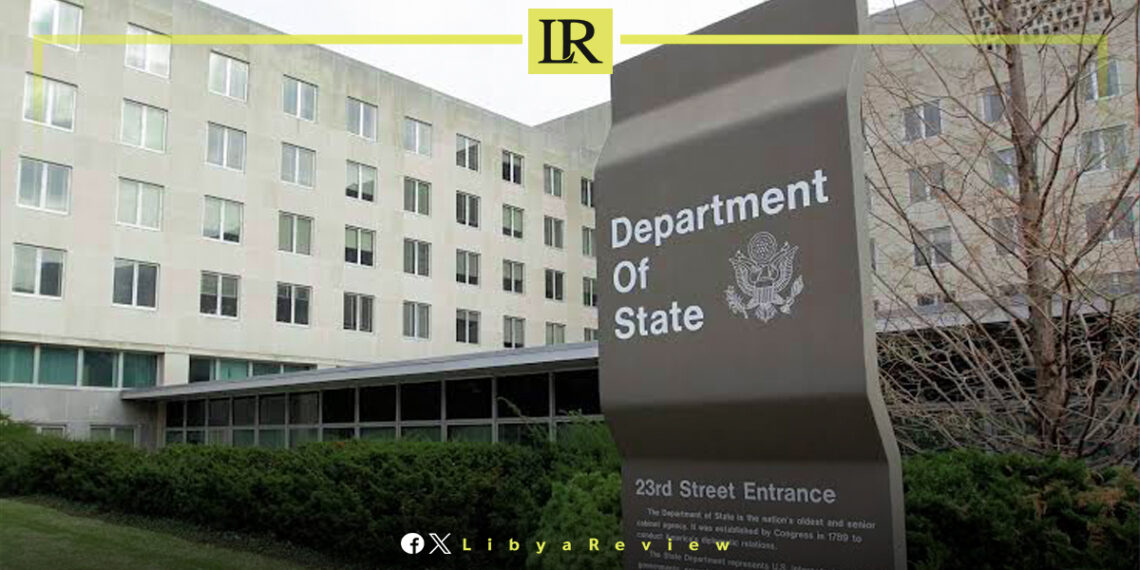A recent US State Department report has exposed a sharp decline in financial transparency in Libya throughout 2024. The report blames the country’s deep political divisions for obstructing regular budgetary processes and contributing to unchecked government spending. These issues have further complicated Libya’s efforts to recover from years of conflict and stabilize its economy.
According to the report, Libya’s Government of National Unity (GNU) failed to publish a proposed budget for the year, allowing significant public spending without parliamentary approval or oversight. Similarly, in the east, the government appointed by the House of Representatives has also spent large amounts of public funds without coordinating with the central authorities in Tripoli. The lack of transparency regarding the source and oversight of these funds has raised concerns about potential financial mismanagement.
The U.S. State Department’s findings underscore a growing crisis in Libya’s financial governance. The report highlights a range of transparency issues, including the GNU’s failure to publish an end-of-year budget execution report, which is crucial for public accountability. Additionally, information about Libya’s public debt—particularly debt held by state-owned enterprises—has not been made available to the public.
One of the most critical points in the report is the opaque manner in which Libya handles its natural resource contracts. The bidding process for extracting resources such as oil has not followed open and competitive standards, and details about these contracts remain hidden from the public eye.
Equally troubling is the absence of a clear legal framework for Libya’s sovereign wealth fund, which manages the country’s vast oil revenues. The fund has yet to release public financial statements or disclose its investment strategy, raising serious concerns about where and how Libya’s wealth is being managed.
The report calls for immediate reforms to address the transparency gap in Libya’s financial systems. Key recommendations include publishing comprehensive budget documents in line with international standards, publicly disclosing information on public debt obligations, and introducing greater oversight of military and intelligence budgets. The report also emphasizes the importance of strengthening the independence of Libya’s Supreme Audit Institution to ensure more effective monitoring of public spending.
These reforms are particularly critical given the ongoing crisis at the Central Bank of Libya, where political infighting between rival factions has made it increasingly difficult to manage the country’s finances. The failure to establish a unified budget process has further weakened Libya’s economic stability, making financial transparency more important than ever.
Following the release of the report, the U.S. Embassy in Libya reiterated its call for Libyan leaders to prioritize transparency and accountability in managing public funds. In a statement, the embassy stressed that these reforms are urgently needed, especially given the growing crisis at the Central Bank. The embassy highlighted that adopting international best practices in public financial management will help rebuild trust in Libya’s institutions and attract much-needed foreign investment.
The lack of transparency in Libya’s financial dealings, particularly in the oil sector, continues to raise concerns about the country’s ability to emerge from its prolonged economic and political instability. Libya’s oil wealth is one of its most valuable assets, and ensuring that this resource is managed transparently is key to the country’s recovery.


